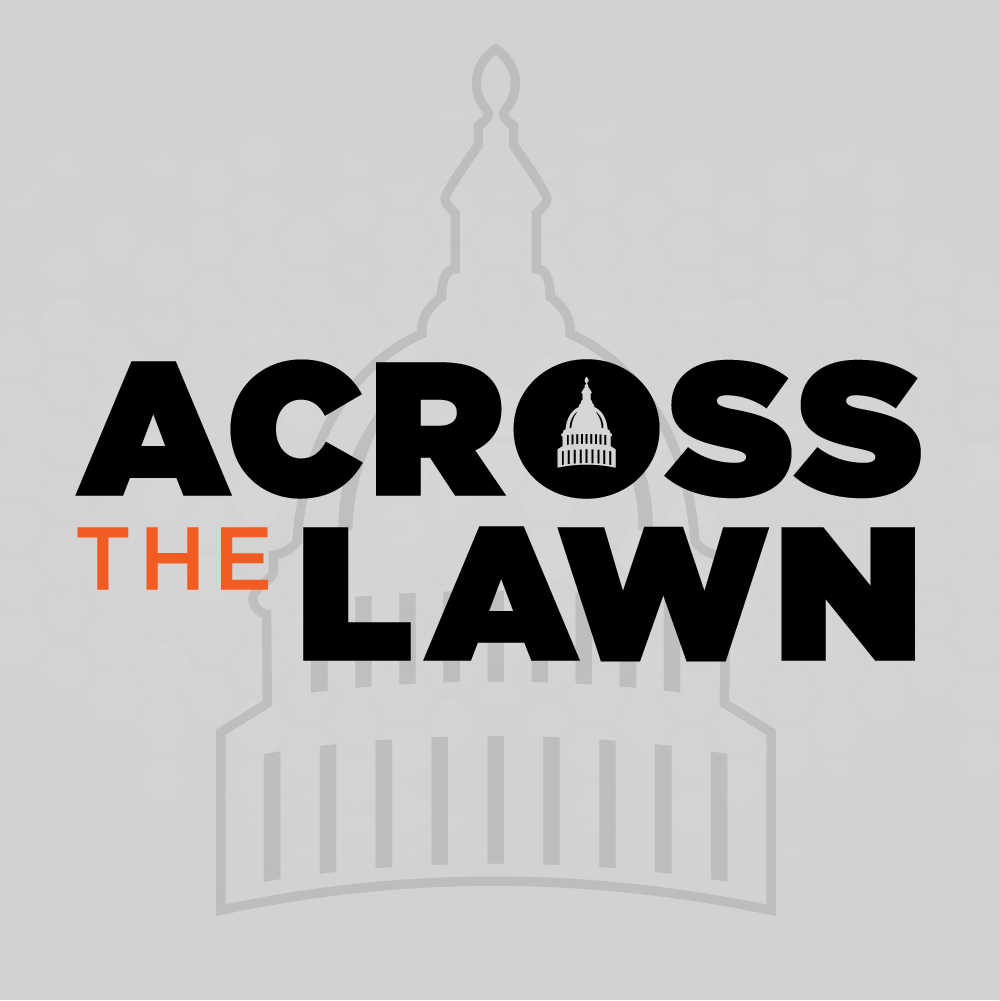
categories
Across the Lawn July 22, 2022

July 22, 2022
Raise Your Hand Texas July Update | Friday, July 22, 2022

The SIX Things to Know and ONE Thing to Do
Raise Your Hand Texas has a front-row seat to the Capitol. From our vantage point, public education policy issues have never been more important, and this is why we must make every session a public education session.
The One Thing to Do:
Become an Advocate Today
We want to meet you! Raise Your Hand Texas has a team of 13 Regional Advocacy Directors (RADs) working across the state of Texas to cultivate a community of public education supporters. Our RADs are constantly building relationships and curating experiences that elevate the importance of Texas public schools.
Six Things to Know:
1. Texas Comptroller Releases Updated State Revenue Estimate
Comptroller Glenn Hegar released an updated state revenue estimate last week. The state will have an ending balance of $26.9 billion in general revenue at the end of the 2023 fiscal year, and an additional $13.7 billion available in the state’s Economic Stabilization Fund, or Rainy Day Fund.
Lt. Governor Dan Patrick released a statement on the “Texas economy delivering the largest windfall ever.” His priorities for the additional funding include: using an additional $4 billion for property tax relief next year, suspending the state gas tax for the remainder of 2022, allocating the funding to continue to pay for teachers’ raises, and providing another 13th check for retired teachers.
2. TEA Releases 2022 STAAR Results for Grades 3-8
The Texas Education Agency released the Spring 2022 State of Texas Assessments of Academic Readiness (STAAR) results for Grades 3-8. The results include exams in mathematics and reading for 3rd through 8th grade, 5th and 8th grade science, and 8th grade social studies. According to TEA, this year’s results show across-the-board improvements in all grades and subjects from 2021, with significant gains in reading. There was a 98% participation rate in STAAR, with 87% of tests taken online.
TEA Commissioner Mike Morath said of the results, “The investments that the state is making in reading academies and accelerated instruction are clearly paying dividends for our students, and the results are a testament to the hard work of teachers across our state. While we still have much work to do to recover from COVID-related learning loss in mathematics, the improvements our students have made in reading are clear.”
In a Texas Tribune article, Brian Woods, superintendent of the Northside Independent School District in San Antonio, credits students’ return to their physical classrooms and the work teachers have put in this past year despite disruptions caused by the spread of COVID-19, for the rise in scores.
For more TEA analysis please read the 2022 STAAR Results Summary.
3. Measure What Matters NPR Campaign
Last week, radio spots for Raise Your Hand Texas’ Measure What Matters campaign began running on NPR stations across the state. We are happy to have our message regarding assessment and accountability reach a large audience and we invite them to learn more at MeasureWhatMatterstx.org.
The Measure What Matters campaign included listening circles that heard from more than 15,600 Texans, gathering valuable feedback and sentiment from our communities on how to best evaluate our public schools and districts. Now the work begins to help build a better assessment and accountability system for our public schools.
It’s time to Measure What Matters.
4. Arizona Passes Expansive Voucher Program With No Accountability
On June 24, the Arizona state legislature passed the nation’s largest voucher program. It will be the only voucher program in the country that is open to every student, regardless of family income level or history in public schools. The legislation provides $7,000 for all 1.1 million Arizona students to use at private and religious schools. The legislation does not contain any accountability measures, meaning the state will have no way to determine how private schools are using the funds or ensure that students enrolled in those schools are meeting academic standards. The program could cost the state upwards of $180 million dollars and will require the legislature to lift its school spending cap.
Raise Your Hand Texas believes public dollars should remain in public schools. Students, parents, communities, and businesses rely on public schools to provide high quality education and ensure a bright future for our state. Vouchers divert public education funds to private schools, neglect our most vulnerable students, and lack transparency when it comes to spending and outcomes.
5. TEA Requires School Safety Action Steps for Summer
With an emphasis on increasing and/or inspecting current security measures on campuses, the TEA has directed school districts to comply with a series of actions prior to the start of the new school year.
- Conduct a Summer Targeted Partial Safety Audit
- Conduct an Exterior Door Safety Audit
- Convene the LEA’s Safety and Security Committee to review:
- the multi-hazard emergency operations plan (EOP)
- and, as a component of the EOP, the LEA’s active threat plan
- Ensure all campus staff (including substitutes) are trained on their specific LEA and campus safety procedures
- Schedule all mandatory drills for the school year
- Ensure all threat assessment team members are trained
- Review and, if necessary, update access control procedures
- For the new school year, access control procedures must include exterior door sweeps (ensuring doors are closed and locked) at every instructional facility at least once each week while instruction is being conducted.
In addition, the Legislative Budget Board agreed to dedicate more than $100 million in state funds to help school safety and mental health services, including $50 million for bullet-resistant shields.
6. Upcoming Hearings
The House Public Education Committee met on Tuesday of last week to discuss the state of school funding, the accountability system, and the impact of COVID-19 on learning, mental health, and absenteeism. The hearing began with a conversation on mental health which included four panels of experts and centered around the impact of poor mental health on learning and current programs supporting students, teachers, and schools. The TEA shared their statewide plan for student mental health required by SB 11 (86-R). The five-year plan is split into three goals: 1) objectively measure mental health progress; 2) increase in-school access to effective mental health resources; and 3) increase out-of-school access to specialized mental health services. According to a March 2022 analysis by the Center for Disease Control and Prevention, 37% of U.S. high school students surveyed reported experiencing poor mental health during the COVID-19 pandemic – 44% of them felt persistently sad or hopeless during the last year.
Monday, July 25 – House Public Education
The committee will monitor and assess the implementation of legislation from the 87th legislative session, including:
- HB 3 (86th) and HB 1525 – related to public school finance;
- HB 4545 – related to accelerated instruction and student assessments;
- SB 1365 – related to the public school accountability system; and,
- SB 1716 – related to supplemental special education services and instructional materials.
The committee will also study the effects of COVID-19 on K-12 learning loss and examine the causes and contributors for chronic absenteeism.
Tuesday, July 26 – House Public Education
The committee will:
- Identify and examine the role and rights of parents in their children’s education;
- Examine the access to and impact of career and technical education programs and partnerships; between K-12, higher education, and employer that promote postsecondary and career readiness; and,
- Monitor state policy on curriculum and instructional materials in public schools.
Wednesday, July 27 – Texas Commission on Virtual Education meeting
The commission will hear testimony related to the delivery and funding of virtual education in the public school system.



